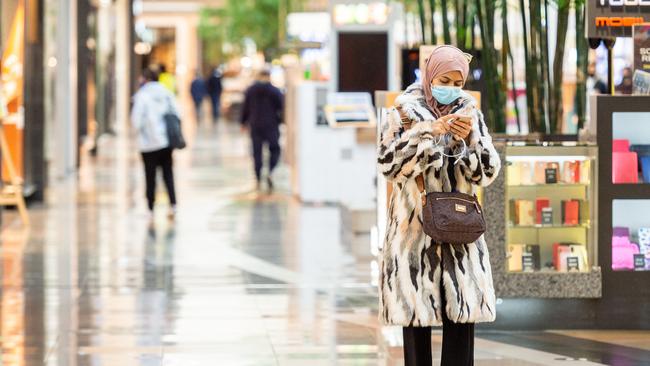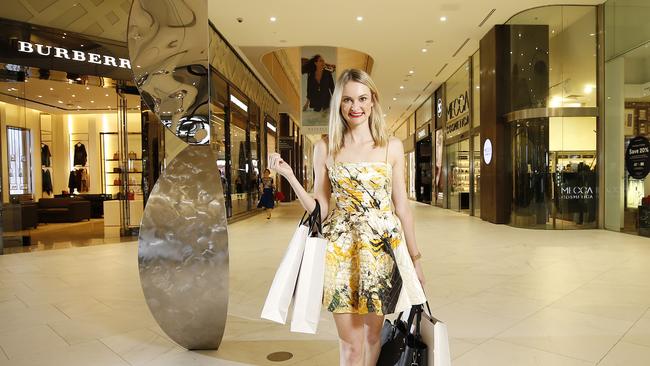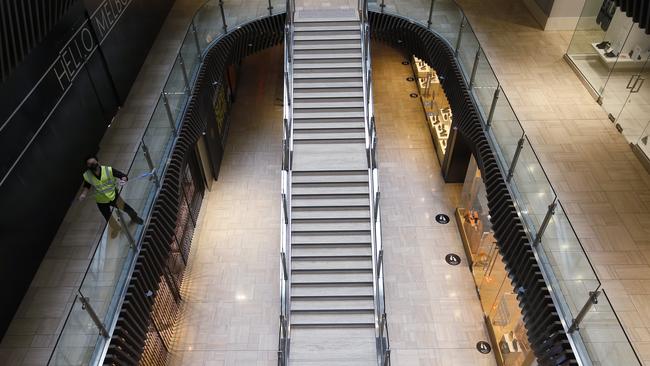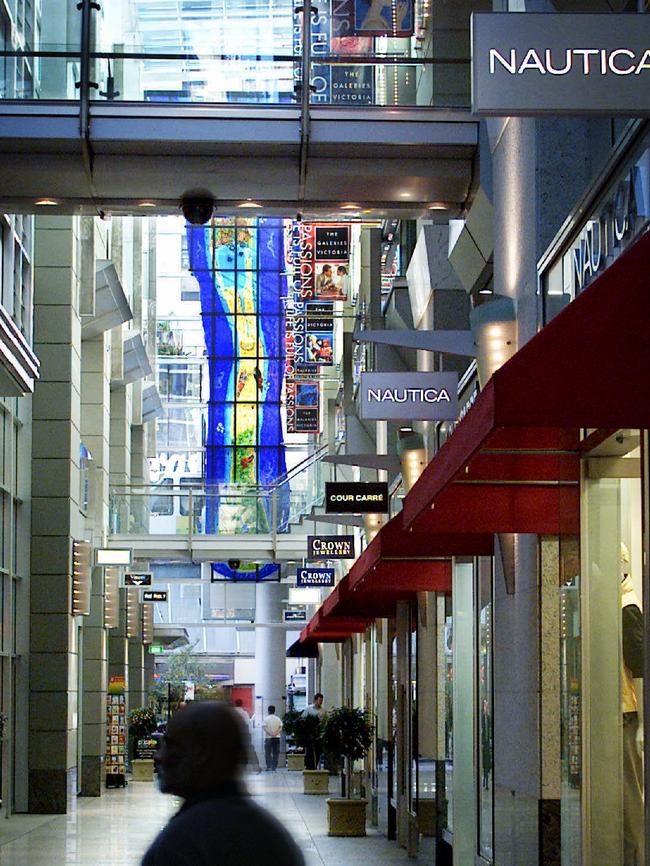Vicinity Centres posts $1.8b loss due to coronavirus denting the value of its commercial property
The owner of some of Australia’s top shopping destinations has incurred a massive financial blow due to the economic downturn caused by coronavirus.
Shopping mall owners Vicinity Centres has reported a massive financial haemorrhage as the economic downturn caused by COVID-19 has drastically reduced the value of its commercial property portfolio.
The co-owners of Melbourne’s iconic Chadstone shopping mall posted a net loss of $1.8 billion for the 12 months ending June 30, a 620.4 per cent decline from the recorded profit in financial year 2019.

Vicinity Centres in its update to the Australian Stock Exchange flagged it would not issue a final dividend for the 2020 financial year, with the total payout to shareholders standing at 7.7 cents per share.
The commercial real estate investment trust is the owner of Brisbane’s Queens Plaza and Myer Centre, Sydney’s The Galeries and Melbourne’s Emporium.

On July 24, Vicinity warned the impact of the coronavirus pandemic had devalued its entire portfolio by 11.4 per cent, equating to a $1.79 billion non-cash asset value writedown.
“Government mandated and voluntary temporary closures of stores resulted in the store open rate falling to a low of 42 per cent in early April 2020 during the initial peak of the pandemic, and this has affected the comparability of some sales reporting figures,” Vicinity chief executive Grant Kelley said.

The group’s revenue for the period fell 5.4 per cent to $1.2 billion.
Shopping centre owners have also been impacted by retail closures, which prompted rent relief negotiations between tenants and landlords.
Vicinity said it had agreed to 1700 short-term lease variation agreements with retailers, with pandemic rental waivers impacting the group’s funds from operations.
Funds from operations for financial year 2020 was $520.3 million, a $169 million decline compared to the previous corresponding period.
Mr Kelley said the company was unable to give earnings and dividend guidance for the 2021 financial year due to continued uncertainty fuelled by the pandemic.

Following sharemarket capital raisings in June, Vicinity said it has $2.1 billion in available liquidity.
Centre visitations in early April fell 42 per cent compared to the prior year.
Despite Victorian stage four lockdowns suppressing customer numbers, Vicinity said visitation rates are improving in other states and territories.
“While the pandemic impacts continue to be challenging, particularly in Victoria, we have seen that consumers want to return to shopping centres quickly when COVID-19 restrictions ease,” Mr Kelley said.
Vicinity said delayed return of workers to CBDs and domestic and international travel restrictions will hinder ongoing visitation rates.


